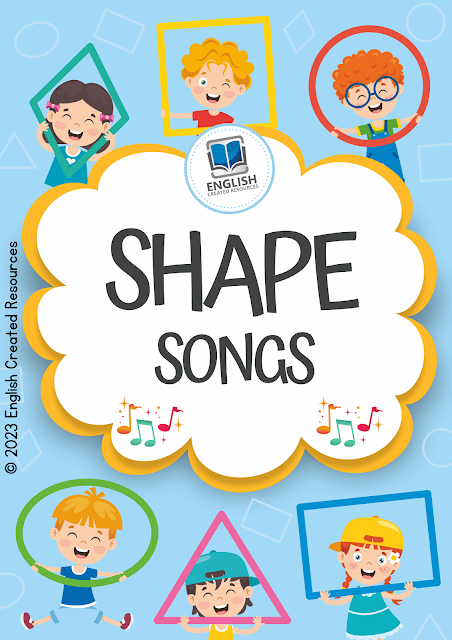The power of a good poem can help make reading a reality for young kids. From making reading fun to teaching kids different ways to think about phonemic sounds, poetry is an invaluable resource in any young reader’s literacy journey.
Music is all around us! In fact, babies begin taking in sounds and rhythms around the same time they do with language itself. Toddlers love to move or sway when they hear a song and old kids will often sing or make up songs as they play. As parents, we may not even notice how often we use music to engage our children! The benefits of music for kids are almost second nature to us.
If you’re like most people, you don’t love or even enjoy poetry very much, and you don’t read much poetry to your children.
Poetry isn’t scary. Poetry matters! Poetry is everywhere, even your home! Did you know that poetry helps early learners to read, it’s accessible for kids of all ages, and it’s fun and inspiring?
10 reasons poetry is great for kids
1. It helps with spellings
2. Speech development improves
3. Reading becomes more fluent
4. It allows children to develop their own opinions
5. It inspires creativity
6. It helps develop interpretation skills
7. It encourages a wide vocabulary and varied grammar
8. It helps children understand their emotions
9. It introduces different writers, subjects and styles
10. It transports them to new worlds
What is the Importance of Music in Early Childhood?
Using music in early education is fun for kids, but that’s not the only benefit! A Discover the Benefits of Music for Kids study carried out by the University of Southern California’s Brain and Creativity Institute suggests that experiences with music in a child’s first few years can actually speed up brain development. Specifically, listening to music was found to be helpful for boosting reading and language skills. What’s more, incorporating music in early childhood gives kids a great foundation as they enter the social world.
The benefits of music are huge during the early years. It stimulates some of the following developmental areas:
1. Brain Development
Music builds overall brain development and creates pathways in the brain that improve a child’s cognitive functioning.
Language, reading and mathematical abilities, in particular, are developed through music activities. These are further explained below.
2. Language and Vocabulary
Songs and rhymes expand a child’s vocabulary as well as their ability to use language correctly.
The repetition in popular rhymes and songs helps children to memorize new words. They also become familiar with language patterns and how words are placed together.
A well-developed vocabulary enables children to communicate effectively and learn to read with greater fluency and comprehension (to read for meaning).
3. Auditory Perception
Auditory perception is the brain’s ability to make sense of what it hears through the ears. This is one of the most important skills for reading.
Samples From the Songs
Our Website helps you to give your child a boost using our free, printable worksheets. You will be able to help your child with his grammar skills with our printable worksheets that focus on using and punctuation, Reading & writing.




Comments
Post a Comment